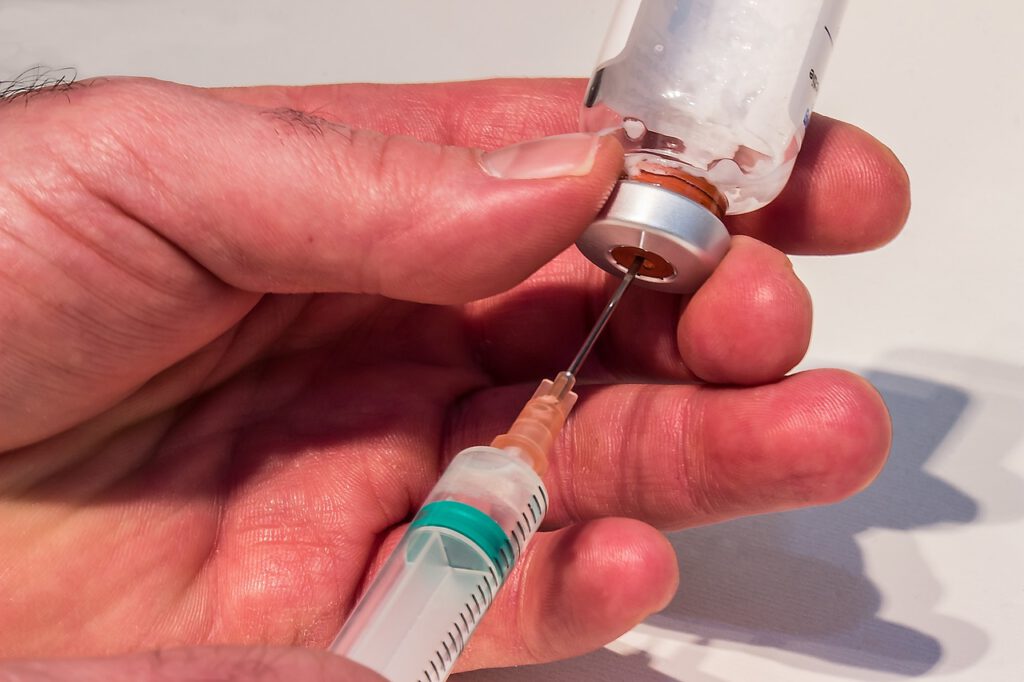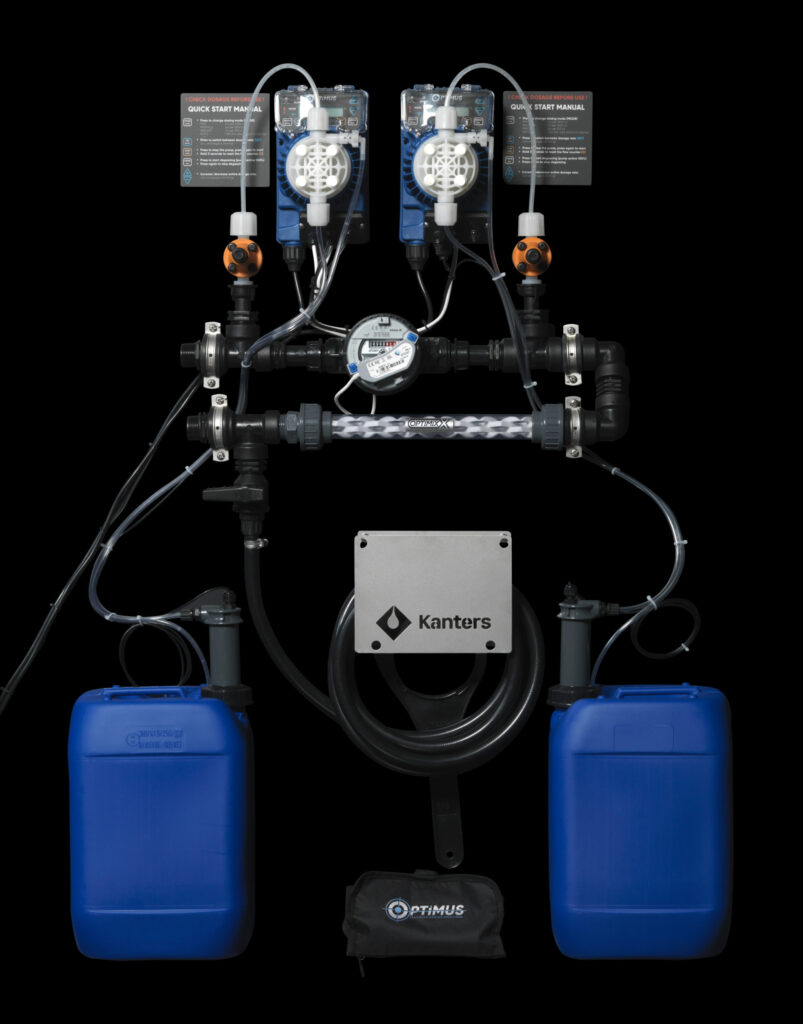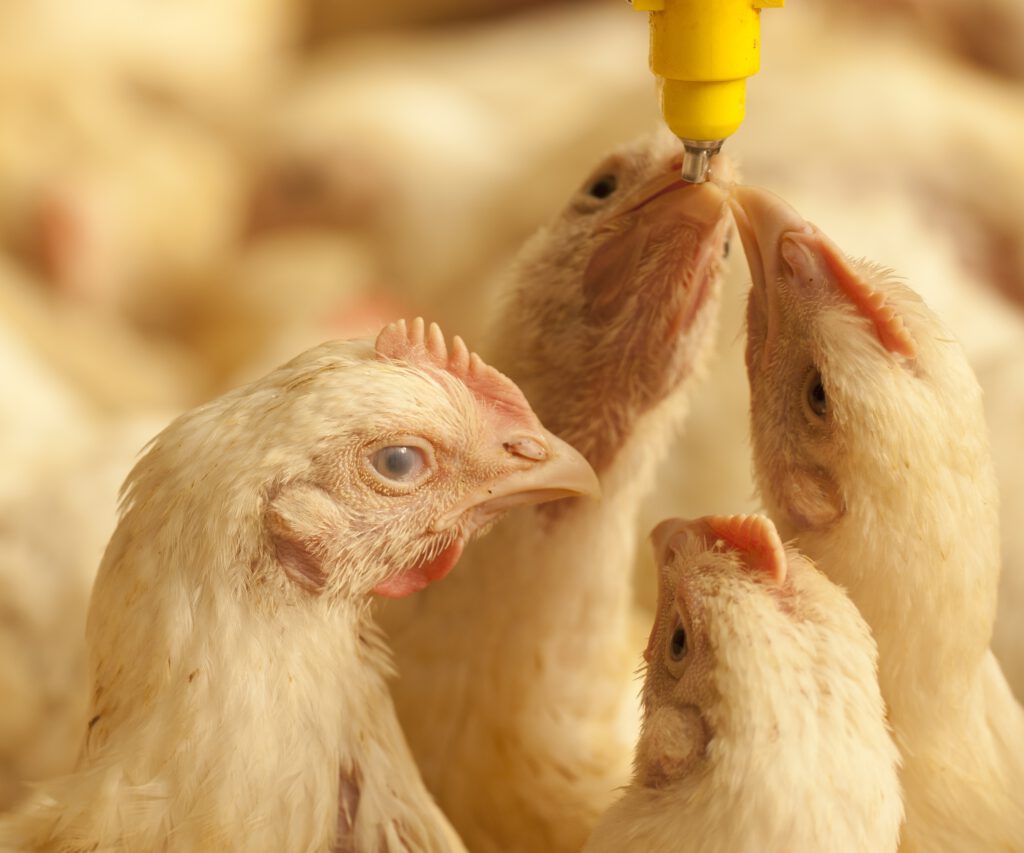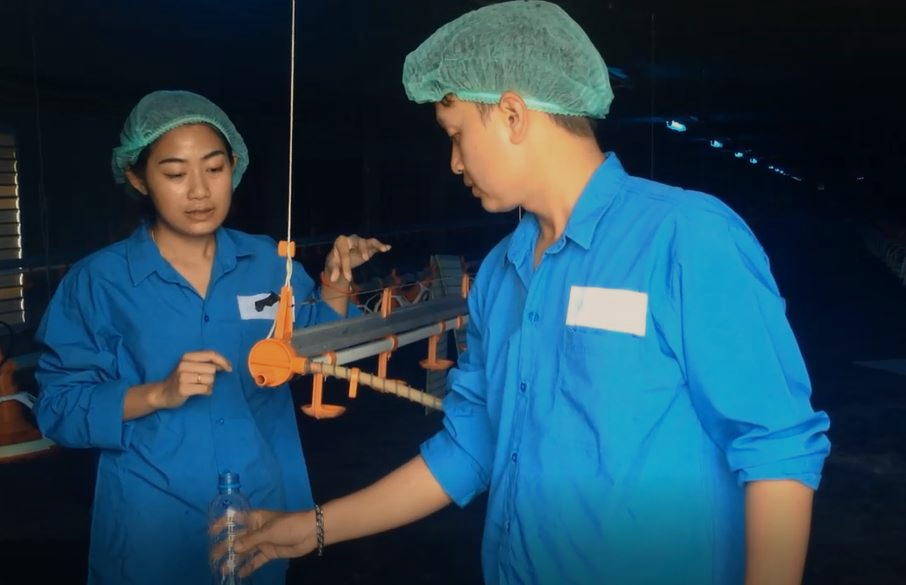A respiratory infection in poultry that deserves attention is Infectious larynchotracheitis (ILT). The ILT virus is a Herpes virus. In the Netherlands, ILT is diagnosed several times a year (source GD). Because the virus spreads relatively slowly within a flock, it can take some days before an entire farm is infected. The infection can spread directly from animal to animal or indirectly through people, materials or vermin. Wild birds are not considered a virus reservoir; although pheasants are a risk factor. Because an infected embryo dies, there is no vertical transmission.
Symptoms
The damage caused by the virus depends on many factors and is therefore highly variable. Often there is a drop in production and increased mortality. It is noteworthy that unprotected white laying hens appear to be less susceptible than unprotected brown laying hens and broiler dams. Although several vaccinations exist against ILT, the eye drop vaccination is currently a commonly used method. Rearing animals should be protected after a double eye drop vaccination. Vaccination is then given with a live but attenuated virus causing a controlled infection. The vaccination often produces an entre reaction in the form of conjuctivitis after about 5 days. Complications can occur due to bacterial infection, dust, poor barn climate and high stocking rates.
No treatment, but there is support
There is no treatment available for ILT. It is possible, however, to support the respiratory tract during an infection, for example with the help of essential oils. The mechanism of action of these substances is based on the anti-inflammatory effect. Active substances in essential oils, such as the substance 1,8 cineol in eucalyptus, are increasingly being assigned anti-inflammatory properties. For example, 1,8 cineol supports the breakdown of mucus in the respiratory tract, suppresses the cough impulse while helping to expand the respiratory tract. All of these effects result in freer breath during an infection.
Prevention is better than cure
The ILT eye drop vaccination has one important difference from a field infection: the vaccination reaction is predictable. Livestock farmers often know well how their flock responds to a vaccination. This also makes it possible to provide support at a very early stage. And it is precisely this fact that makes the use of essential oils successful. Prevention is better than cure, and this also applies to vaccination reactions. The application of essential oils is simple, effective and can reduce the use of antibiotics.
Kanters has developed Aeroforte for this purpose. A liquid mixture that includes eucalyptus, peppermint and menthol. It can be used both via the drinking water and via atomization.
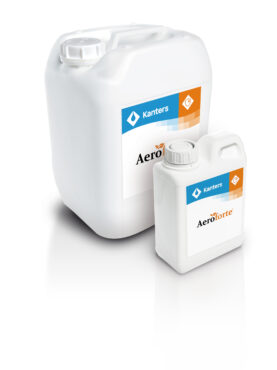
More information
Would you like to know more about ILT and supporting your poultry with Aeroforte? Please contact us by calling 0499-425 600 or send an email to mailto:info@kanters.nl.
